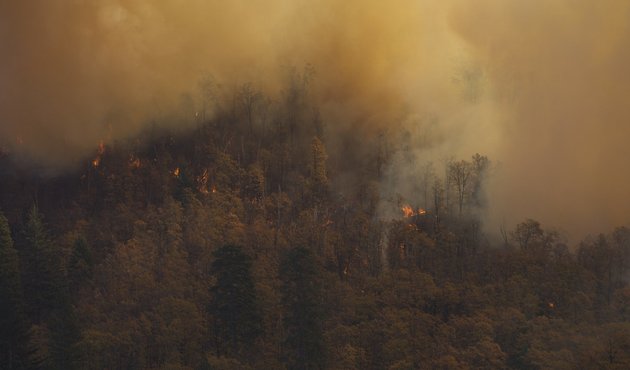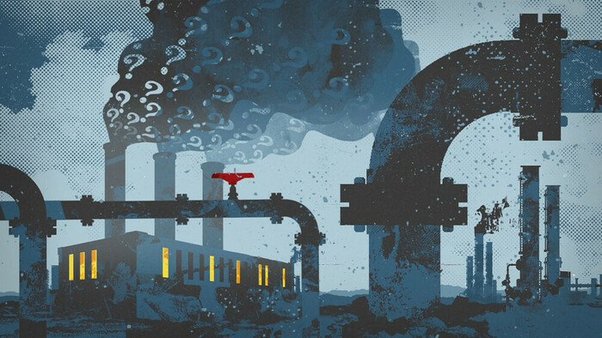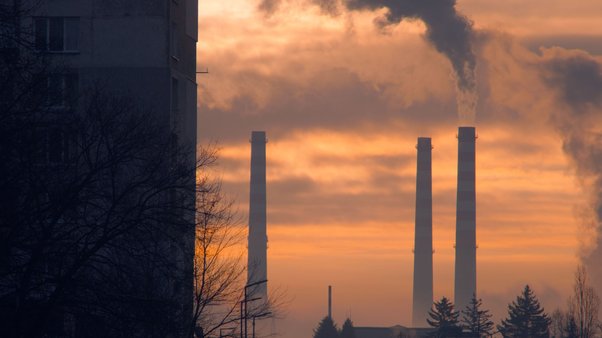As floods and wildfires mount in California, Big Oil has been lobbying hard against Superfund Act, which would make polluters pay for climate change damages
You make a mess, you clean it up. Most of us learn some version of that principle in primary school. But what happens when the mess is so big it costs people their lives, and when those responsible spend millions to walk away?
Welcome to California. The state is being ravaged by wildfires, floods and extreme weather events, which cause billions in annual losses and destroy peoples’ homes, livelihoods and the environment. Meanwhile, Big Oil is spending millions to try to kill off state legislation that might hold them to account.
One such bill, the Polluters Pay Climate Superfund Act of 2025, is currently stalled in the California state legislature. The bill, which failed to pass last year, would make fossil fuel companies financially responsible for their fair share of the damage created by climate warming.
It mirrors similar laws which have already passed in New York and Vermont, each of which requires the fossil fuel industry to pay up for climate disasters.
Global Witness analysis of state lobbying records shows that in the first half of 2025 the fossil fuel industry pushing against the Superfund bill spent over $17 million lobbying California’s capital Sacramento. That is 23% more than they spent in the first six months of 2024.
As the intensity of climate change accelerates, so too do efforts to avoid liability by the industry most responsible.
In California, the biggest spenders are the Western States Petroleum Association (WSPA) and American oil giant Chevron. In 2025, WSPA – a trade association whose members include Exxon, Shell, Chevron, Valero, Phillips 66, Marathon Petroleum – spent $6.5 million on in-state lobbying. Chevron spent $7.6 million.
Polluters pass the buck for paying for climate destruction
Given the mounting costs of worsening floods and fires, it makes sense that polluting industries pay their fair share. Fossil fuels are responsible for around 90% of all carbon dioxide emissions.
These emissions are cooking the planet, driving temperatures up and supercharging extreme weather events like the Los Angeles wildfires, which lasted for 24 days earlier this year and burned 37,000 acres, 16,000 structures, and killed at least 31 people.
Big Oil argues that if they had to pay for the fallout of their business model, they would pass the cost on to consumers in the form of higher gas prices and electricity costs.
In 2024, WSPA spent $5 million on a slick prime time TV ad showing sorrowful scenes of people staring glumly at utility bills or sobbing behind the steering wheel of their car. The ad misleadingly suggests that state climate policies are to blame for the increasing prices.
But taxpayers are already absorbing the costs of recovery from these events, and the regularity of extreme weather in California already means that insurance rates are through the roof and housing is even more unaffordable for many people. And while Californians pay with their lives, Big Oil is making billions.
Fossil fuel lobbyists gain ground against US polluters pay laws
The fossil fuel industry is able to spend millions on California lobbying each year because it is raking in billions more. Together, the oil companies lobbying Sacramento through WSPA declared $74 billion in 2024 profits.
The Golden State is just one place where this battle is playing out. In a meeting with Donald Trump in March, the US’s top oil executives directly appealed to President Trump for federal protection against state level efforts to hold them liable for climate destruction.
Less than two weeks later President Trump issued an executive order directing his Justice Department to “stop the enforcement” of state efforts to hold oil companies accountable. The order explicitly cited New York and Vermont’s polluter pay laws, referring to them as “extortion laws”.
Meanwhile the White House is also gutting spending on the Federal Emergency Management Agency, the agency tasked with helping Americans recover from climate disasters.
A grim picture is forming – one where there are fewer and fewer resources to recover from ever increasing climate disasters, and the mess-makers walk free while ordinary people pay the price.
Chevron and WSPA did not respond when approached for comment.



